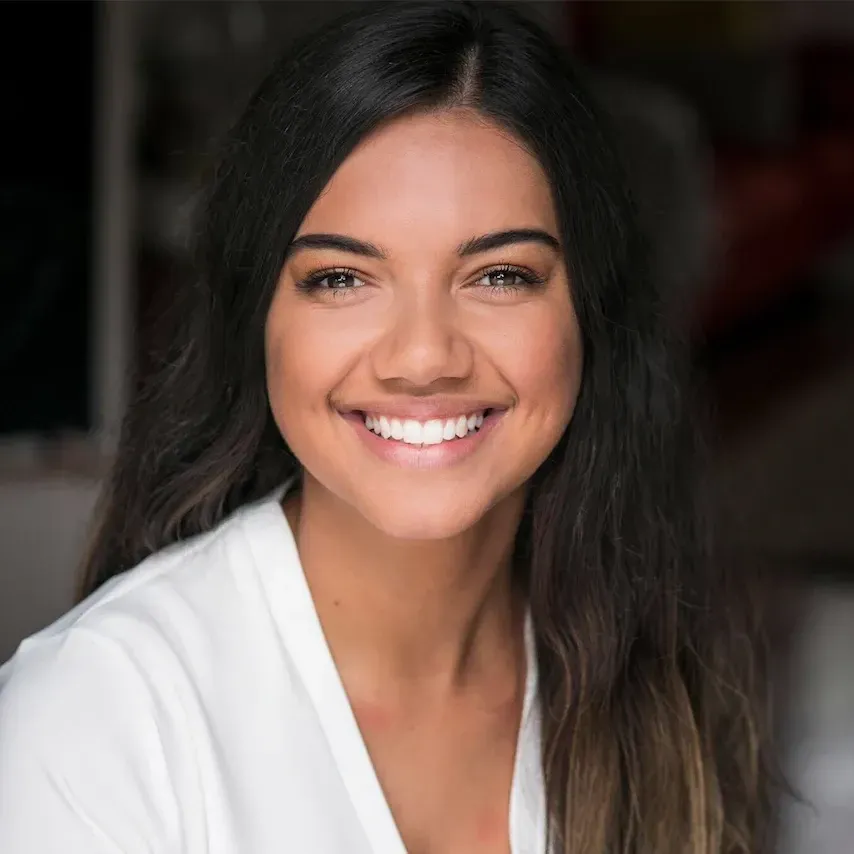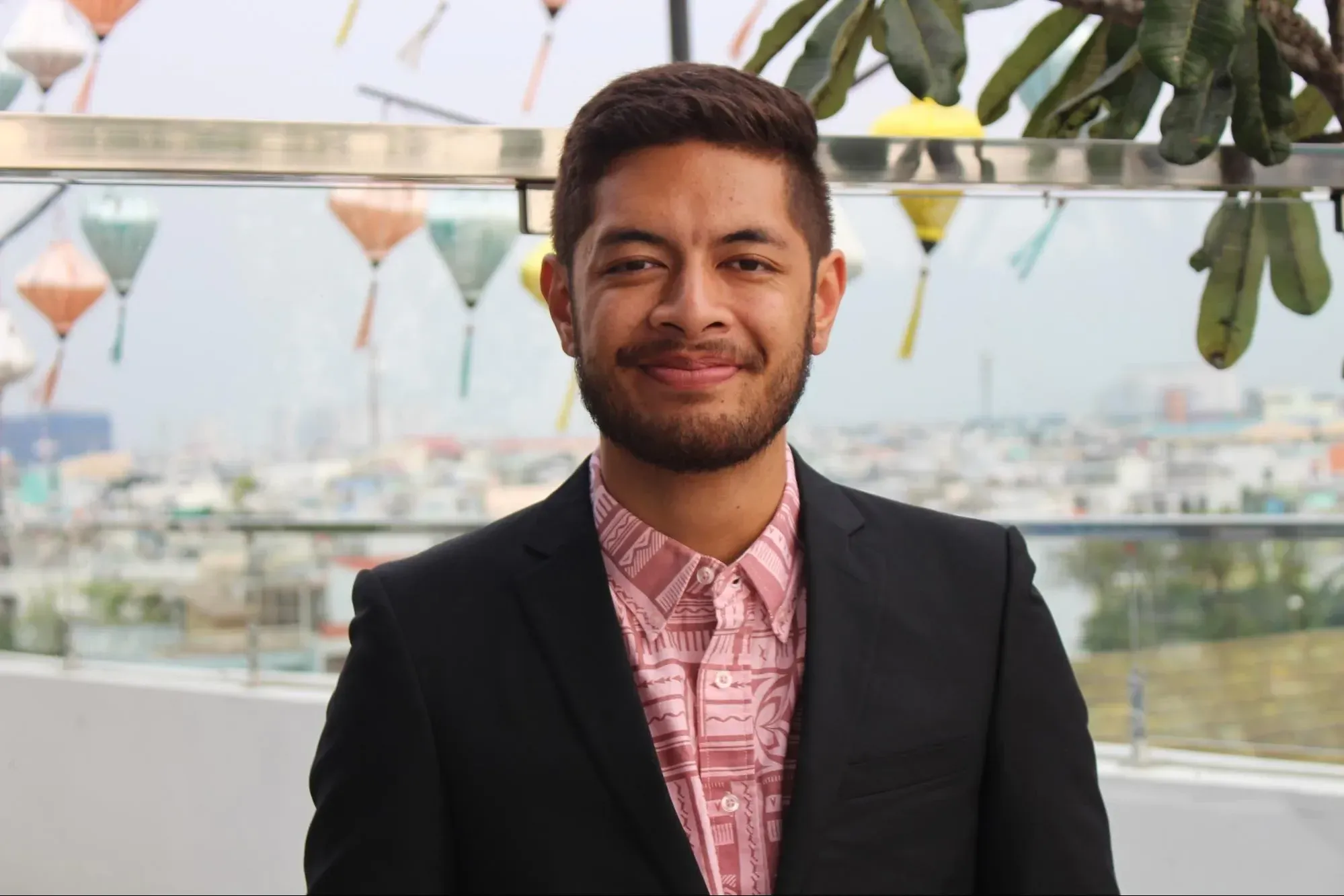Taking Indigenous Art to the World
Written by
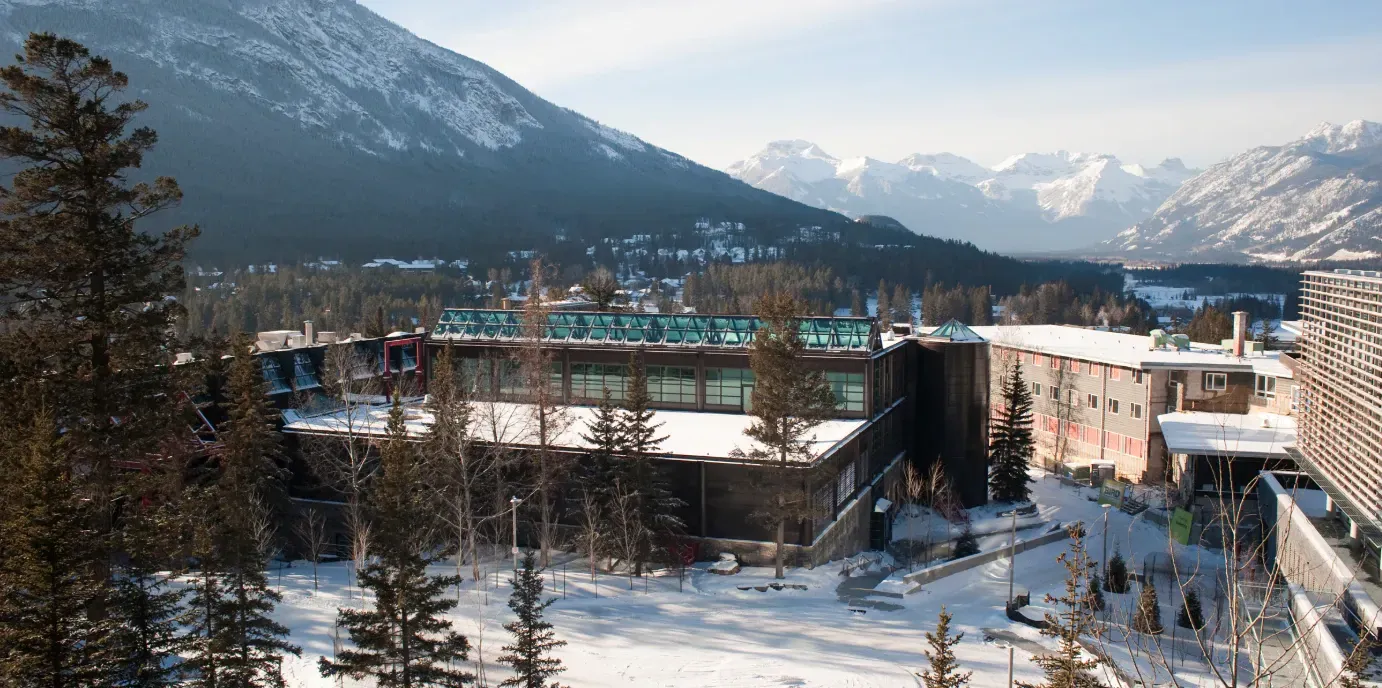
Nestled in the picturesque setting of Alberta, Canada, the small town of Banff (population 7,847) seems miles away from the arts capitals of the world. But within the walls of the Banff Centre for Arts and Creativity, you’ll find dozens of residencies for artists of all disciplines.
One of which, the Indigenous Storytellers and Spoken Word Residency, will be attended by two of New Zealand's best young poets, Stevie Davis-Tana and Eric Soakai. Both poets will spend three weeks working on their writing, attending workshops and performing with other artists. I caught up with them to talk about what they have planned for their time in Banff.
Young poets
"to be in a space where I'm starting to do it internationally is weird. Cool but weird.”
Eric Soakai comes from a family of renowned spoken word poets. Both his older brothers, Zech and Dietrich, are respected members of the poetry community. Soakai says he’s only really started taking poetry seriously in the last few years, which makes the fact that he took out the New Zealand National Poetry Slam last year even more impressive. Eric is still coming to terms with his new found success. “Yeah, to be in a space where I'm starting to do it internationally is weird. Cool but weird.”
As well as being an incredible poet, Stevie Davis-Tana is a youth worker and holds a Masters in Human Rights from AUT. Until recently, the 25-year-old was a member of Action Education, a Not For Profit that puts on poetry slams and shows for rangatahi around the country. In both her poetry and her work, she campaigns for mental health of young people, especially Māori and Pasifika youth.
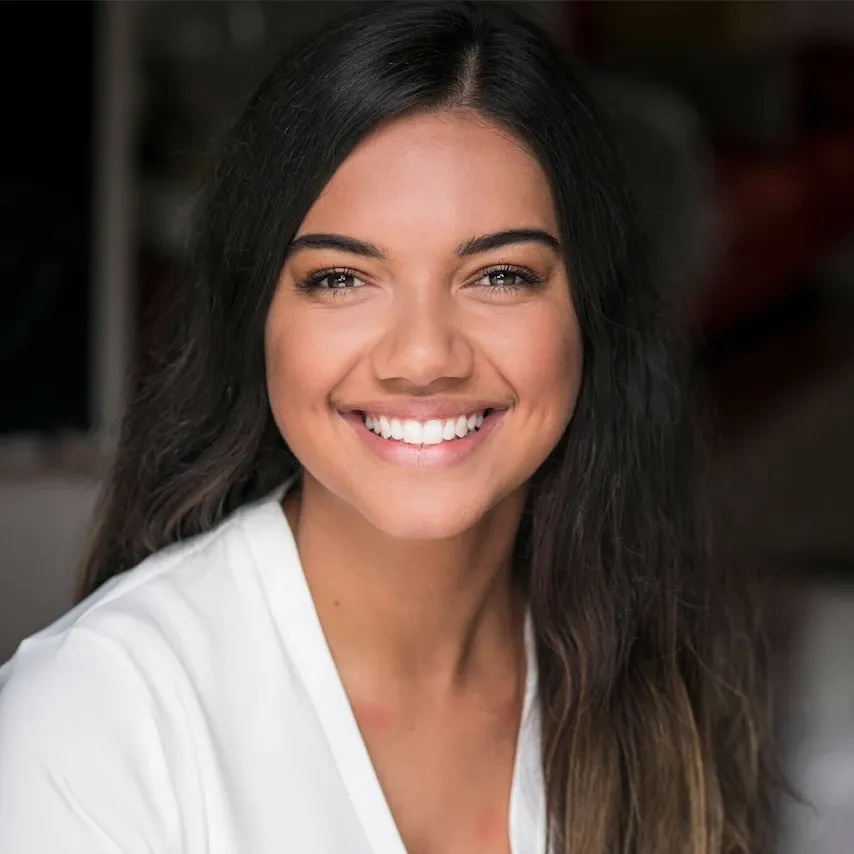
Stevie Davis-Tana
Works in progress
Both poets are going to be working on theatre shows that incorporate their spoken word and writing talents while at Banff.
Davis-Tana’s show is entitled, Generation of The Cane Tongue. “The performance will be all about young Māori and Pasifika poets. The themes are around reclaiming our indigenous languages and practices,” Davis-Tana says.
"it's our responsibility to be able to reclaim, or relearn that language and those practices”
The name was coined by fellow poet Sheldon Rua, who Davis-Tana will be working with on the show. She explains the origins of the name, “Generations ago, a lot of our ancestors were caned for speaking Te Reo Māori. And so now, a few generations down, it's our responsibility to be able to reclaim, or relearn that language and those practices.”
Soakai’s show is also inspired by his culture. He describes it as “What it means for me to be indigenous right now.” Soakai also plans to work on a book, a kind of companion piece to the play. “Both of them are reflections on my life, as I stand right now.”
He says he’s been slowly working on these projects for the last couple of years but is really excited to have some serious time to dedicate to them.
Outside their comfort zone
Aside from working on their theatre shows, there’ll be a host of other activities happening during the residency. “We'll spend time with other artists,” Soakai explains, “Going through and workshopping our stuff, as well as doing writing prompts and working in studios to mix and master projects.”
Davis-Tana says she’s looking forward to being pushed. “Trying new things, really reflecting on our own practices, challenging ourselves, to look at what and how we're writing. At the end, we work towards a bit of a show where we perform the work that we've created.”
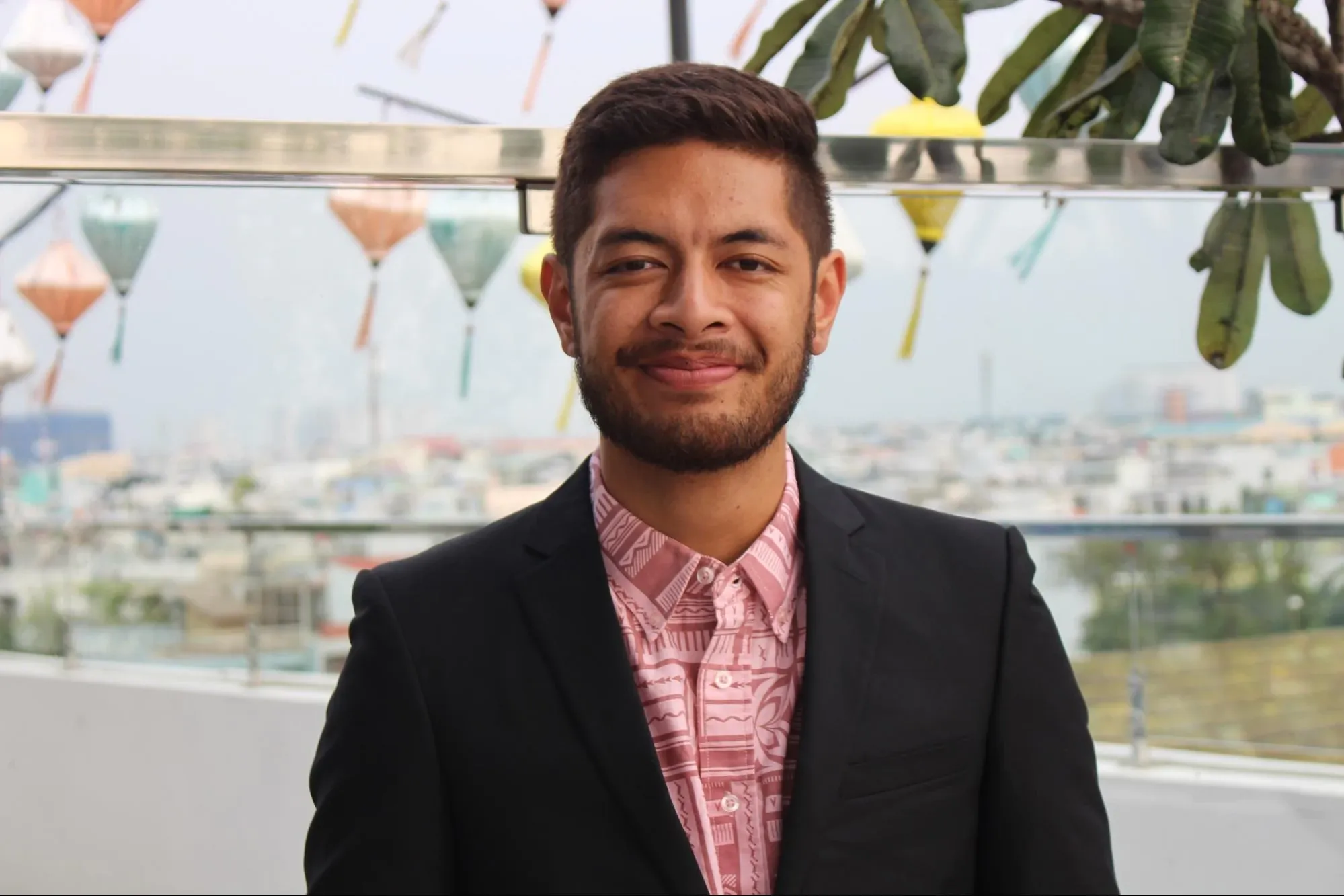
Eric Soakai
The next steps
After the residency, Soakai is hoping to travel to New York and Los Angeles, both of which have thriving spoken word scenes. Once he returns home, he’s got a poetry tour around the country.
“I really hope that Eric and I are able to bring some cool stuff back into our community here"
Davis-Tana will be returning to Aotearoa, but in June she’s heading to the Festival of Pacific Arts and Culture in Hawaii. “We’re going to meet with other young leaders from around the Pacific who are coming to the Festival, and talk more about what are the things that are happening in our communities and learning from each other.”
Her goals for the residency are not just to create her own work but to also inspire young artists back home. “I really hope that Eric and I are able to bring some cool stuff back into our community here, and that we can also encourage and support people to go.”
To find out more about the Banff Centre for Arts and Creativity’s Indigenous Storytellers and Spoken Word Residency, click here.
